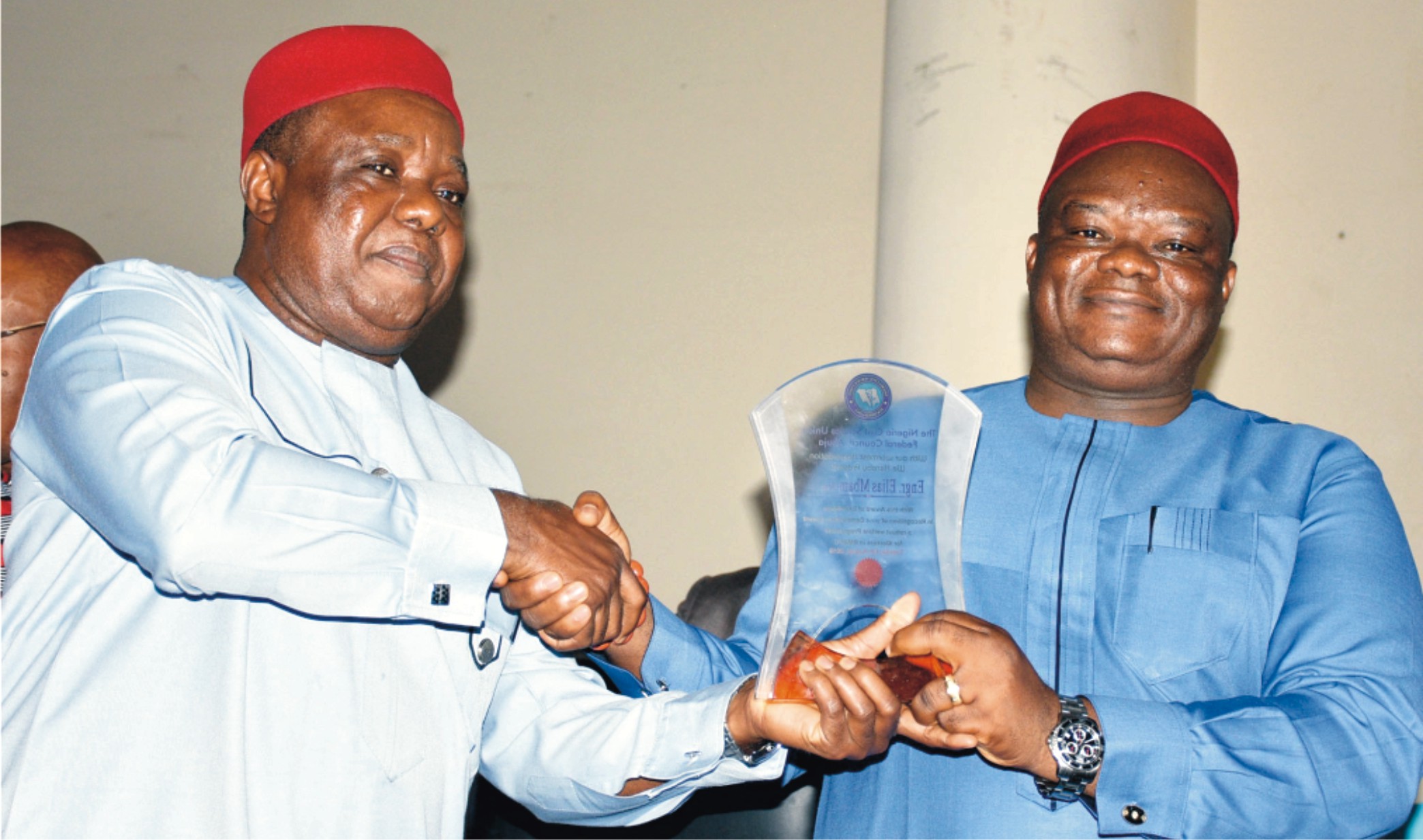Business
Ogoni Clean-Up: Youth Accuse HYPREP Of Sabotage

A Pan Ogoni Youth Organisation known as Ogoni Youth Federation (OYF), has accused the management of the Hydrocarbons Pollution Remediation Project, (HYPREP) of using the Federal Government as a cover up to sabotage the Ogoni clean-up process.
The group which expressed this in a petition to the Office of the Vice President of the Federal Republic of Nigeria, said what is on ground in Ogoni regarding the clean up process was a complete deviation of the UNEP report recommendation on the clean-up of the polluted environment.
The petition which was signed by the president of the body, Comrade Legborsi Yaamabana read in part;
”During the flag-off event,of the Ogoni clean-up, the Federal Government stated that the implementation of the Report will be done holistically and in a manner that ensures transparency, accountability, genuine partnership and proper representation of the people at the grassroots as well as guarantee job creation for young people and that Angro-allied industries required for processing agricultural. produce will be put in place.”
“More than three years after the flag-off and the laudable assurances given, we regret to state that the manner and processes for the implementation of the recommendations of the UNEP Report run completely against the assurances given by the Federal Government and more importantly, the very recommendations of the UNEP Report.”
The group regretted that the palliative measures identified by UNEP in their recommendations to alleviate the plight of the Ogoni people have been flawed which includes,
Provision of adequate sources of drinking water to the affected people, posting signs, in areas where hydrocarbons were observed on surface water, warning people not to fish, swim or bathe in those areas, ensuring that everyone who has consumed water from contaminated sources undertakes a comprehensive medical examination by physicians knowledgeable about the possible adverse effects of the hydrocarbons detected.
Comprehensive debommissioning of oil facilities that fail an ‘Asset Integrity Management Plan for Ogoni, setting up of an Integrated Contaminated Soil Management Centre comprisilig an Incinerator, Themial Unit, Soil Washing Unit and a Contaminated Water Treatment Unit. The centre, which should drive the clean-up, is expected to be a modern industrial enterprise in Ogoniland that would employ hundreds of people
Bringing all sources 0f ongoing contamination, including artisanal refining, to a swift end before the clean-up, and for the purpose, the sum of $10 million is recommended for the provison of alternative employment for those in artisanal refining, among others.
The body, in the petition also said; “ We consider it very sad and barbaric that, as we speak, not only has nothing being done about any of these emergency measures but also the national and international visibility of the Ogoni issue have been fraudulently exploited to score cheap political points at every opportunity.”
The body frowned against what it described as, the” complete alienation of the Ogonis indiginenes in the participation of the clean-up exercise, which sends a dangerous signal to the world that the clean up process is another gimmick designed to frustrate the Ogoni clean-up and send Ogoni to economic extinction.
While expressing confidence in the commitment of the Federal Government to implement the Ogoni clean-up to specification, the group called on the Federal Government to investigate the activities of HYPREP and save the Ogoni people from institutional sabotage by HYPREP.
Taneh Beemene
Business
Fidelity Bank To Empower Women With Sustainable Entrepreneurship Skills, HAP2.0
Business
President Tinubu Approves Extension Ban On Raw Shea Nut Export
Business
Crisis Response: EU-project Delivers New Vet. Clinic To Katsina Govt.
-

 News3 days ago
News3 days agoAmend Constitution To Accommodate State Police, Tinubu Tells Senators
-

 Politics3 days ago
Politics3 days agoSenate Urges Tinubu To Sack CAC Boss
-

 News3 days ago
News3 days agoDisu Takes Over As New IGP …Declares Total War On Corruption, Impunity
-
Business3 days ago
President Tinubu Extends Raw Shea Nuts Export Ban To 2027
-
Business3 days ago
Crisis Response: EU-project Delivers New Vet. Clinic To Katsina Govt.
-
Sports3 days ago
NDG: Rivers Coach Appeal To NDDC In Talent Discovery
-
Business3 days ago
President Tinubu Approves Extension Ban On Raw Shea Nut Export
-
Rivers3 days ago
Etche Clan Urges Govt On Chieftaincy Recognition

